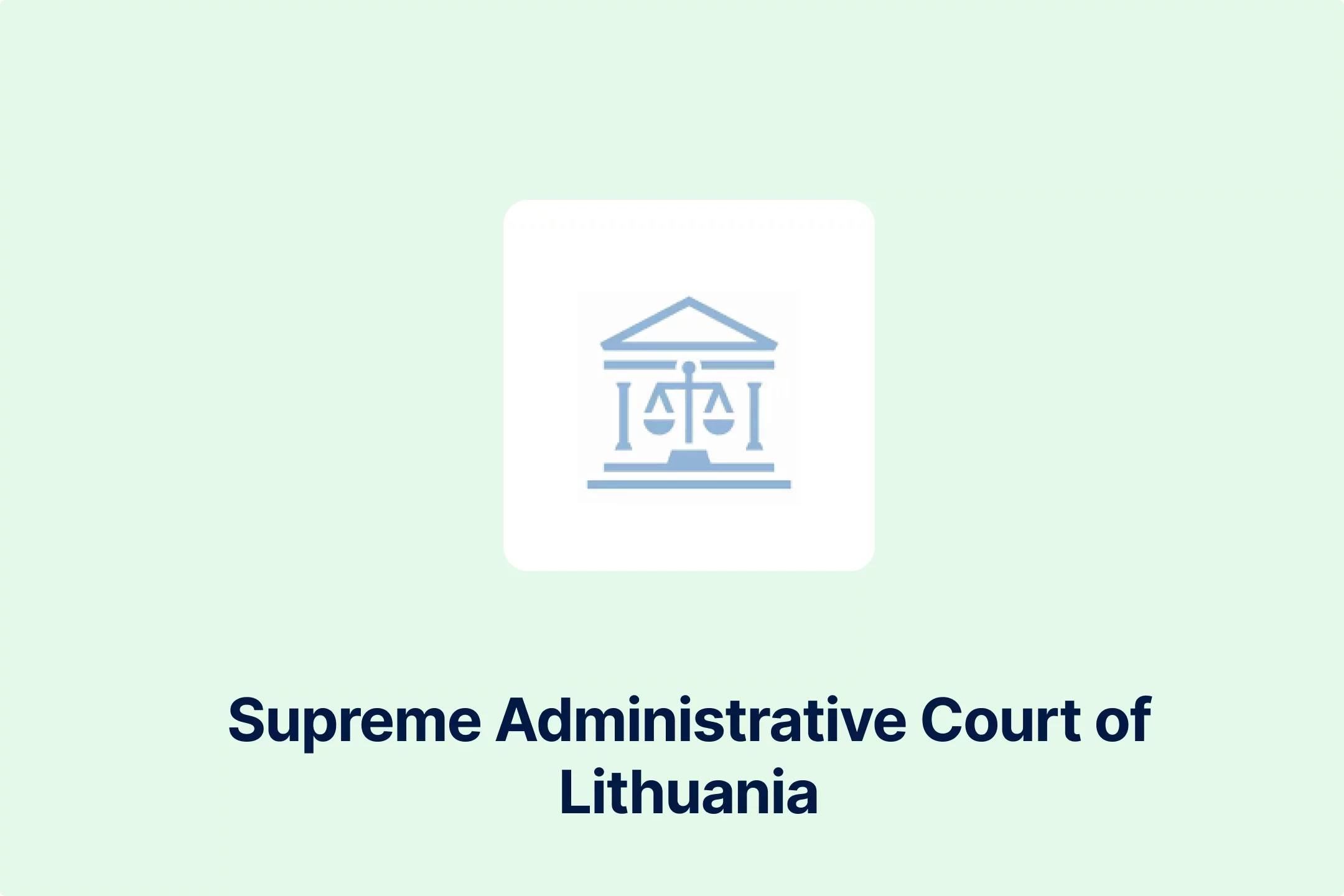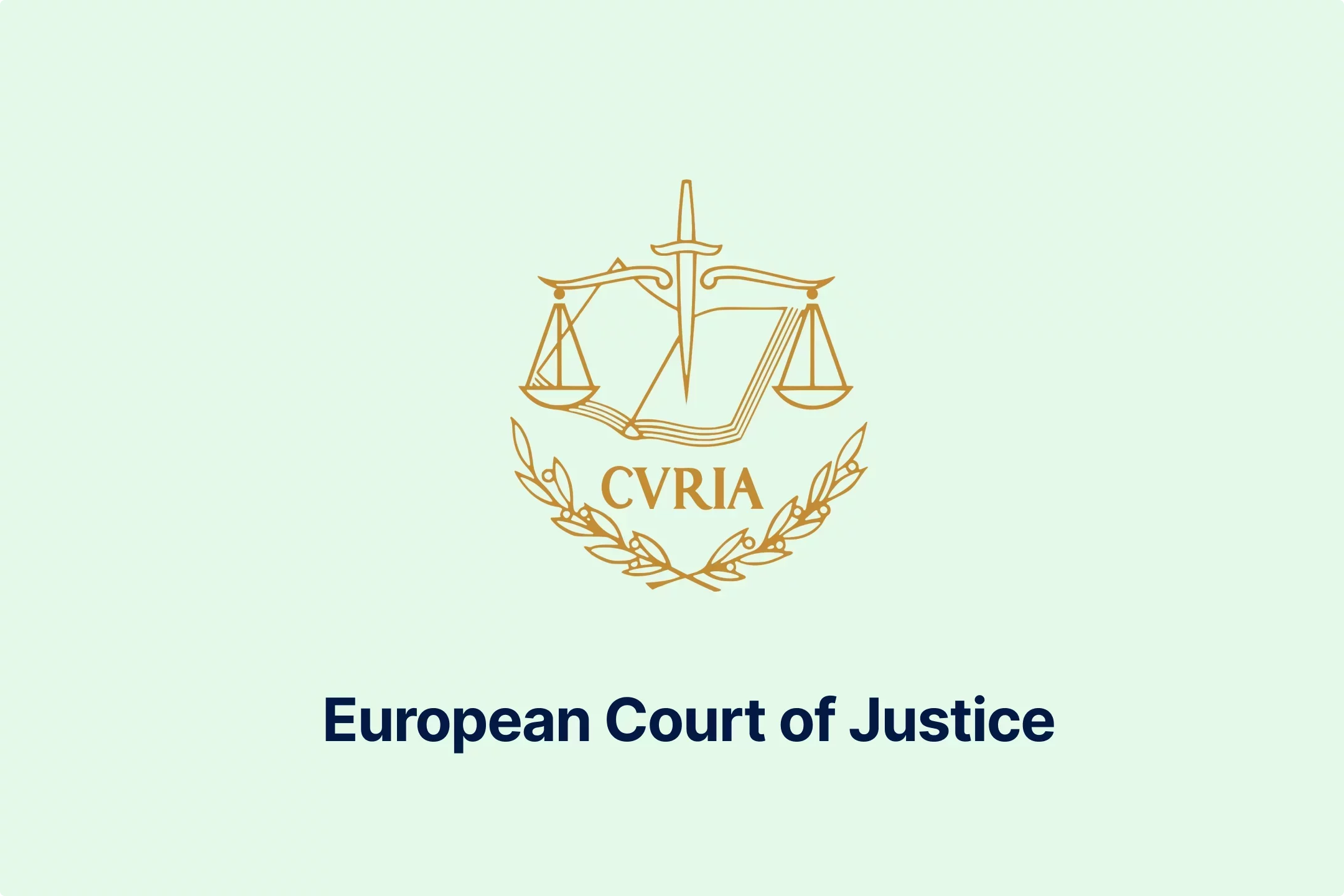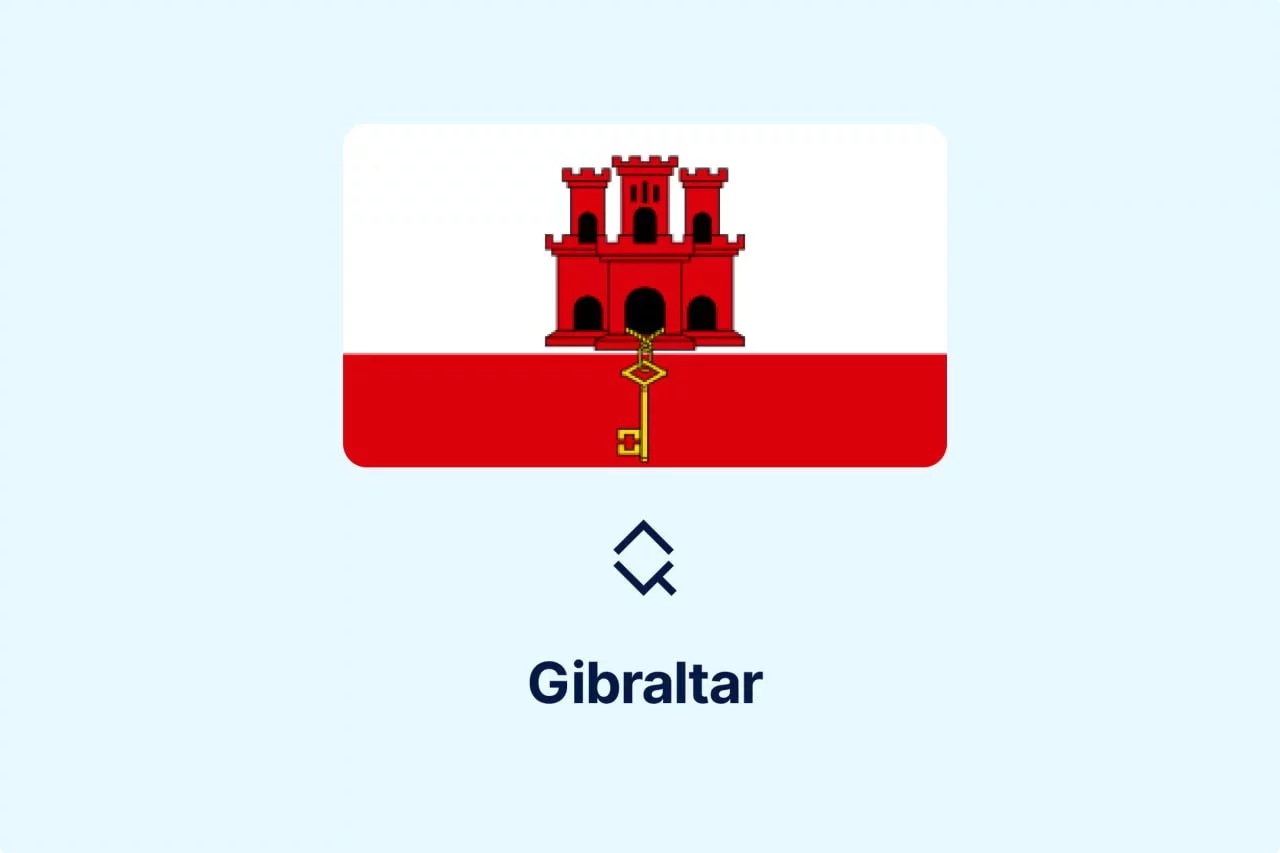ECJ Case C-587/10: VAT Identification Numbers & Intra-Community Supplies

The ECJ case C-587/10 concerns the supply of stone-crushing machines made in 1998, which led to a dispute between the German branch of VSTR and the German tax authorities. However, the case involved these two parties, as well as a US company as the initial buyer and a Finnish company as the final buyer of the stone-crushing machines.
The main issue in this case was the German Tax Authorities' refusal to exempt the supply because the VAT identification number was missing.
Background of the Case
In 1998, a VSTR German branch office (VSTR) sold two stone-crushing machines to the US Atlantic International Trading Co. (Atlantic) company. Although the Atlantic had a subsidiary in Portugal, it was not registered for VAT in any EU country.
The VSTR requested a VAT identification number from Atlantic when Atlantic informed them that the machines were sold to a Finnish company and sent their VAT identification number.
The machines were loaded and transported from the VSTR premises by the transport company hired by Atlantic. The machines were first transported by land to the German city of Lubeck and then by sea to Finland as the final destination. The VSTR invoice issued to Atlantic for supplying two machines included the Finish company's VAT identification number.
However, the German Tax Authority refused to exempt the supply from VAT because the VSTR did not provide an Atlantic VAT identification number.
The VSTR appealed against this decision, but the Saxony Finance Court upheld the Tax Authority's conclusion. However, the VSTR refused to accept this decision and brought the case before the Federal Finance Court, stating that the Tax Authority's conclusion and decision were contrary to the Sixth Directive.
The Federal Finance Court (FFC) determined that the transaction consists of two successive supplies: one between the VSTR and Atlantic and one between the Atlantic and a Finnish company. Furthermore, the supply from VSTR to Atlantic could be VAT-exempt as an intra-Community supply if the acquisition of the goods is taxable in Finland.
For this, the Finish company must have a VAT identification number to ensure that the Finish Tax Authority can impose VAT on transactions, aligning with the EU intra-Community acquisitions and supplies rules. The VAT exemption is linked to the destination principle, that is, the destination country’s ability to tax the goods, thus ensuring proper VAT reporting and collection.
However, the FFC found that the right to exempt VAT may be denied if the supplier, like VSTR, cannot provide evidence of the buyers' VAT identification number. Furthermore, the FFC stated that although the EU Sixth Directive does not explicitly require the buyer to have an individual VAT identification number for exemption, it implies this condition for taxable persons acting in another EU country.
The court questioned whether EU rules and regulations allow its Member States, such as Germany, to impose such requirements, especially when the buyer is from a non-EU country, in this case, the USA, whereas the supplier did not demonstrate proper VAT reporting for the intra-EU transaction.
Before making its final decision, the FFC paused the proceeding and referred questions to the European Court of Justice (ECJ) for a preliminary ruling.
Main Questions from Request For Ruling
The FFC referred two questions to the ECJ regarding whether EU Member States may require evidence of the VAT identification number for intra-Community supplies to be VAT-exempt. Additionally, the FFC asked whether it matters if the buyer is based in a non-EU country, is not registered for VAT in any EU country, and whether proof exists that the buyer filed a VAT return for the intra-Community acquisition when answering the first question.
Applicable EU Directive Article
The main articles used to resolve this case were articles 4(1), 22(1), (3), (8), and 28 of the Sixth Directive (Directive). Article 4(1) defines taxable persons under the Directive as those who independently carry out any listed economic activity in any place, regardless of the purpose or results of that activity.
Article 22 outlines obligations for taxable persons under the VAT system, including requirements for account keeping, invoicing, VAT returns, and recapitulative statements. It mandates that EU countries identify taxable persons with an individual identification number and require invoices to include the supplier and buyer number in intra-Community transactions. Furthermore, EU countries may impose additional requirements to ensure proper VAT collection and prevent evasion, as long as they do not create new formalities for cross-border trade.
Articles 28a and 28b determine the rules for intra-Community acquisitions of goods, which are subject to VAT when made by taxable or non-taxable legal persons. The place of acquisition is determined by where the goods are when the transport ends or where the buyer's VAT identification number was issued. Under Article 28c(A), VAT exemption is allowed for goods supplied within the EU. However, the exemption is subject to conditions to ensure it is applied correctly and to prevent evasion, avoidance, or abuse.
German National VAT Rules
Regarding the German national VAT rules, articles 6a of the Law on Turnover Tax and 17c(1) of the Regulation implementing the Law on Turnover Tax were the most relevant to this case.
Article 6a defines intra-Community supply as a transaction in which goods are transported from Germany to another EU country, the buyer is a trader, legal person, or some other type of buyer when the supply is related to new vehicles, and the acquisition is subject to turnover tax in the buyer's EU country.
Article 17c(1) directly concerns Article 6a and requires intra-Community suppliers to provide evidence proving that the conditions for VAT exemption are met. That evidence includes the buyer's VAT identification number and an invoice transparently demonstrating compliance with the stated requirements.
Importance of the Case for Taxable Persons
This case benefits taxable persons by clarifying the conditions for VAT exemption for intra-Community supplies. The case and ruling emphasize the importance of providing a VAT identification number for the buyer to ensure tax exemption eligibility.
Moreover, the ruling significantly impacts cross-border transactions that include non-EU buyers, highlighting the necessity of complying with the EU VAT system. Furthermore, it explains and elaborates on the role of the VAT identification number in verifying intra-Community acquisitions, especially for ensuring proper VAT reporting and collection.
Analysis of the Court Findings
The ECJ clarified that intra-community supply VAT exemption depends on several conditions, such as that goods must be transported within the EU and involve taxable and non-taxable legal persons. Furthermore, for VAT exemption to be applicable, transport must be directly linked to the supply. Therefore, if ownership of the goods is transferred before transport, the supply may not be qualified for VAT exemption.
For this case, this means that the VSTR supply of machines to Atlantic is not an intra-Community VAT-exempt supply under the first subparagraph of Article 28c(A)(a) of the Sixth Directive if the transfer of ownership of the machines from Atlantic to the Finish company occurred before the transport from Germany to Finland took place.
The ECJ further stated that when the first buyer of goods, the Atlantic, acquires ownership and intends to transport the machines to another EU country, the transport can be ascribed to the first supply if the goods are transferred to the second buyer in the destination state. However, if the buyer informs the supplier, meaning the VSTR, that machines will be resold to another taxable person before the transport, that could affect the VAT treatment.
Additionally, the ECJ concluded that EU countries have the right to define the evidence required for VAT exemption relating to intra-EU supplies. It is the suppliers' responsibility and obligation to prove that the VAT exemption conditions are met. However, these additional measures or requirements defined by national legislation must not exceed what is necessary for proper VAT collection. Therefore, they must not impose excessive formal requirements without considering the substance of the transaction, which could undermine the neutrality of VAT.
As far as VAT identification numbers are concerned, they are a formal requirement that can help prove the status of a taxable person. Still, it is not a strict condition for a VAT exemption if the substantive conditions are met. This means that a supplier such as VSTR can still qualify for VAT exemption on an intra-EU supply even if they cannot provide a VAT number, as long as they can demonstrate, in good faith and with reasonable effort, that the buyer is a taxable person.
In other words, the absence of the buyers' VAT identification number should not automatically disqualify the VAT exemption if other adequate evidence is available and presented.
In this case, the VSTR, as a supplier, asked the Atlantic for its VAT identification number, who, in the absence of such a number, sent the VAT identification number of the second acquirer of machines, the Finnish company. This fact proves that neither party wanted to act fraudulently and evade VAT.
Even though the VSTR presented the Finish company's VAT return regarding its intra-Community acquisition, this does not change the requirements for an exemption under the first subparagraph of Article 28c(A)(a) of the Sixth Directive. The ECJ underlined that the only necessary conditions for classifying a transaction as an intra-Community supply are the taxable person’s capacity, the transfer of ownership, and the physical movement of the goods.
A VAT return, although potentially indicative, does not serve as firm evidence of the taxable person status of the acquirer, which is a Finnish company, and does not alter the exemption’s application.
Courts Final Decision
In the end, the ECJ concluded that the first subparagraph of Article 28c(A)(a) of the Sixth Directive does not prevent EU Member States from requiring suppliers, such as VSTR, to provide the VAT identification number of the person acquiring goods to grant VAT exemption for an intra-Community supply.
Nevertheless, when suppliers acting in good faith and having taken all reasonable steps cannot provide a VAT identification number, the right for VAT exemption should not be denied solely on that basis. Other evidence may be accepted if sufficient to prove the acquirer's taxable status in those cases.
Conclusion
There are several takeaways from this case. The first one is that VSTR, as a supplier, was entitled to the VAT exemption, provided they could demonstrate the buyer’s taxable status with sufficient evidence.
Moreover, the VSTR should not have been denied the right to VAT exemption solely for lacking the buyer’s VAT identification number, especially when acting in good faith and taking reasonable steps, such as asking for a VAT identification number from Atlantic. However, the VAT return of the Finish company that the VSTR filed can not be considered adequate evidence.
In addition, the case and ruling point out that the moment the machines were transported and the ownership rights were transferred from Atlantic, the company that bought machines for VSTR, to the Finnish company to which Atlantic resold the machines, are significant for determining the right to VAT exemption. However, from the facts stated in the case, the ECJ could not determine that the transfer of ownership of goods occurred before transport to the Finnish company and left that to FFC to determine.
Source: Case C‑587/10 - Vogtländische Straßen-, Tief- und Rohrleitungsbau GmbH Rodewisch (VSTR) v. Finanzamt Plauen, Sixth Council Directive 77/388/EEC

More News from Europe
Get real-time updates and developments from around the world, keeping you informed and prepared.
-e9lcpxl5nq.webp)








-3rcczziozt.webp)

-rvskhoqpms.webp)




-a5mkrjbira.webp)

-ivkzc1pwr4.webp)




-hssrwb5osg.webp)



-c06xa1wopr.webp)









-webajrr4ny.webp)
-evibmwdwcn.webp)
-7acdre0hop.webp)

-lcgcyghaer.webp)
-ol6mdkdowg.webp)
-aqdwtmzhkd.webp)

-njgdvdxe2u.webp)



-i6rki3jbad.webp)
-hdwgtama05.webp)

-atbhy5fyxv.webp)






-zp2n6zixoa.webp)
-oa1ynbm4sn.webp)


-lltkno6txy.webp)



-do38odrqnq.webp)

-t409oldqzt.webp)

-hordopb6xh.webp)

-ooimnrbete.webp)

-lwb5qpsily.webp)


-eumafizrhm.webp)

-mtqp3va9gb.webp)

-3ewrn1yvfa.webp)
-591j35flz2.webp)

-huj3cam1de.webp)


-hafis0ii23.webp)

-qseaw5zmcy.webp)



-qzsah2ifqx.webp)


-69rzooghib.webp)
-wrvng98m0g.webp)


-psucycuxh2.webp)
-klyo8bn5lc.webp)




-6wv5h5eyyd.webp)
-tfgg78rbid.webp)
-a6jpv9ny8v.webp)
-qhdbapy0qr.webp)


-owvu7zoc13.webp)


-h28jrh1ukm.webp)

-wl9bl1rw3a.webp)

-2w76jtvtuk.webp)

-c0uvrmrq9j.webp)



-pofe7ucwz3.webp)



-5cc23ezxyf.webp)
-rrmabbekeb.webp)








-iyyeiabtaf.webp)
-c8rbjkcs01.webp)
-nilkffjhah.webp)

-hikakq55ae.webp)

-z1d60bldtg.webp)
-d1a0q6n7mp.webp)
-viip8nvoeh.webp)
-bvv1otliox.webp)



-de8hdb1bn3.webp)
-7xsxxoypnx.webp)

-cm0opezg73.webp)
-0tovsdupmi.webp)
-subxdamdj6.webp)


-gly6ablwnh.webp)
-gkduqhwbzh.webp)
-qpe1ld9vcj.webp)
-8noukwsmba.webp)
-aka29tuhkt.webp)


-fisvs27yrp.webp)


-mp0jakanyb.webp)

-aivzsuryuq.webp)



-o7f4ogsy06.webp)

-zjja92wdje.webp)
-hrbhdts8ry.webp)
-qtdkwpgkug.webp)


-cf8ccgah0p.webp)
-0em3cif5s6.webp)






-ptzesl0kij.webp)

-tfzv42pyms.webp)







-uodv7sfbih.webp)
-bbrdfmm9qf.webp)



-m2tl8crfqr.webp)




-1awbqjgpjs.webp)
-avbjsn1k1g.webp)


-0h8ohkx6s0.webp)



-wfmqhtc7i6.webp)
-7wljbof2zo.webp)

-eqt97uyekl.webp)
-wzw9mcf563.webp)

-z4oxr6i0zd.webp)




-l0zcrrzvhb.webp)
-fhtic1pwml.webp)

-iipdguuz9p.webp)
-nkhhwrnggm.webp)
-pltqwerr3w.webp)

-nn6mtfbneq.webp)

-tmnklelfku.webp)



-8z1msbdibu.webp)
-7g16lgggrv.webp)



-lxcwgtzitc.webp)
-9mc55kqwtx.webp)


-xla7j3cxwz.webp)
-jrdryw2eil.webp)






-t9qr49xs2u.webp)


-qjopq5jplv.webp)



-vune1zdqex.webp)

-qsozqjwle2.webp)
-rgjta7iwiv.webp)

-zb6bxxws47.webp)
-lyfjzw4okp.webp)

-ogpfmol5m1.png)


-czisebympl.png)

-zetvivc79v.png)
-ud7ylvkade.png)
-qizq6w2v5z.png)







-ihr6b4mpo1.webp)
-k1j4au0ph6.webp)
-swxxcatugi.webp)


-ig9tutqopw.webp)

-tauoa6ziym.webp)

-spr0wydvvg.webp)

-xfuognajem.webp)




-u2nv5luoqc.webp)








-opuxpan2iu.webp)




-kwttsfd8ow.webp)
-8u14qi10nj.webp)

-wjpr96aq5g.webp)

.png)

.png)


.png)


.png)



.png)
.png)
.png)
.png)
.png)

.png)
.png)




.png)
.png)




































































































































